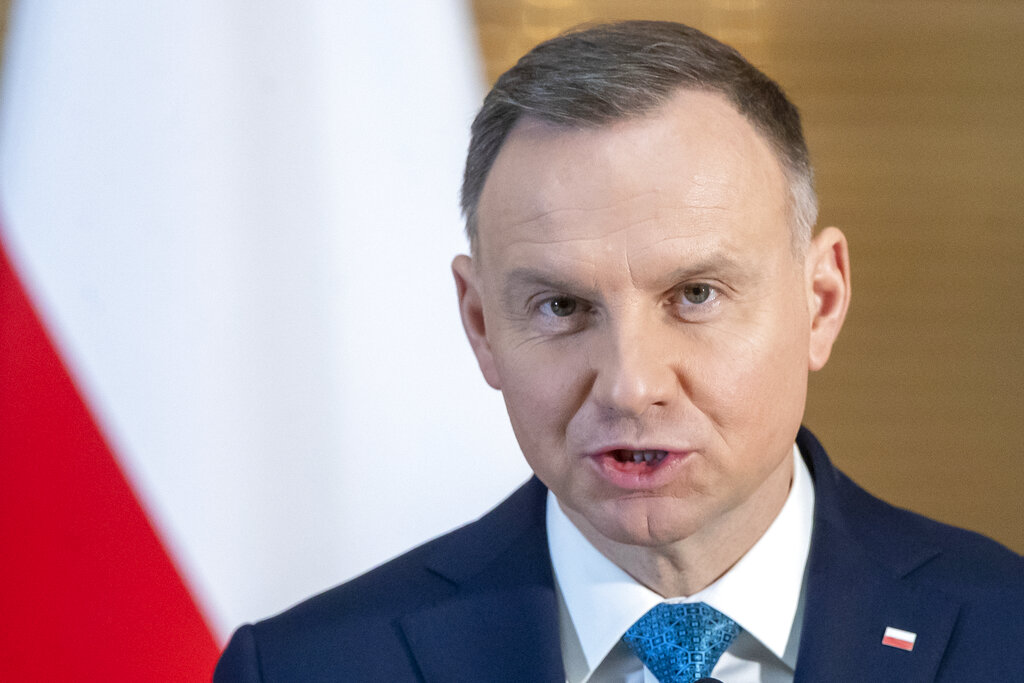Polish President Andrzej Duda on Friday decided to submit new legislation concerning the Supreme Court to the Polish Constitutional Court, as he is not certain that the law is constitutional.
He was under pressure to sign the legislation, as the Polish government argues that it will enable Poland to end its dispute with the European Commission over the violation of rule of law. The dispute has resulted in the EU commission blocking billions in EU funding for Poland from the EU recovery fund.
Professor Genowefa Grabowska, a specialist in international law interviewed by portal wPolityce.pl, has said that the president is being cautious and that his intervention does not mean that Poland’s funding from the EU will be blocked. She believes that he is behaving responsibly given both his constitutional responsibilities as well as the history of relations with the European Commission.
Grabowska says she is suspicious about the intentions of the European Commission and feels that “if they wanted to show some goodwill toward Poland, the Commission would at least have unblocked a part of the funds due to Poland from the EU recovery fund.”
The academic and former MEP, like the president, is concerned that the legislation, as currently written, could lead to the president’s nominations of judges being challenged, which could thus lead to chaos in the legal system with judges challenging other judges’ credentials.
She is referring to the part of the law that allows for the makeup of benches in individual cases to be challenged and the independence of judges to be put to a test.
Prof. Grabowska notes that only the Constitutional Court has the right, under the Polish constitution, to rule on whether a law is constitutional or not. It is the ultimate body to interpret the constitution. This is especially important with regard to the way the judicial system is constructed and the way in which it operates. For instance, the new law moves the responsibility for the disciplining of judges from the Supreme Court to the Chief Administrative Court (NSA). The constitution does not envisage this but neither does it forbid it. It is right for the Constitutional Court to clarify whether this is in line with the constitution or not.
The citizens do not care about relations between judges who are adjudicating their cases. This is why they would not be amused to learn that their cases are delayed until judges sort out which of them is to sit on a given case, argues prof. Grabowska.
“This is the kind of politicization of the judiciary that discredits the whole legal system,” she added.
Grabowska said she hopes that the Constitutional Court will respond to the president’s request for the matter to be examined and adjudicated relatively quickly.
Like many commentators and politicians, Grabowska has her doubts about whether the law on the Supreme Court will actually end the dispute between Poland and the European Commission. She feels that the dispute is escalating for political reasons, with the EU commission attempting to direct Poland as to what its laws should look like. This, she believes, is a much wider problem involving the Commission abusing its actual powers.
“Poland is not the only country that has this problem within the EU and with EU institutions,” said Grabowska.






